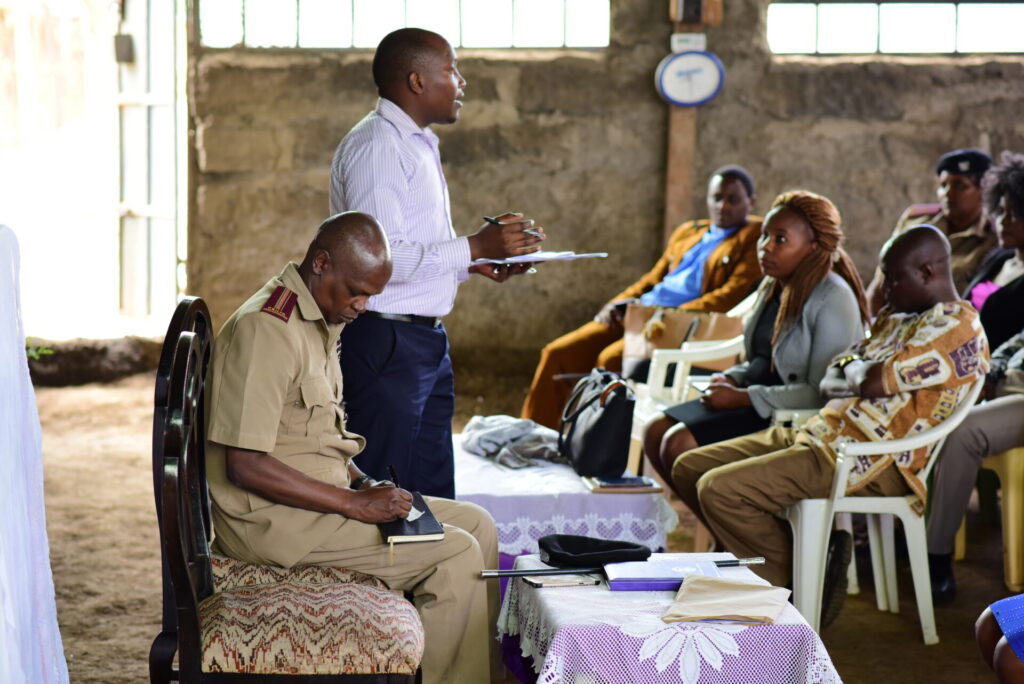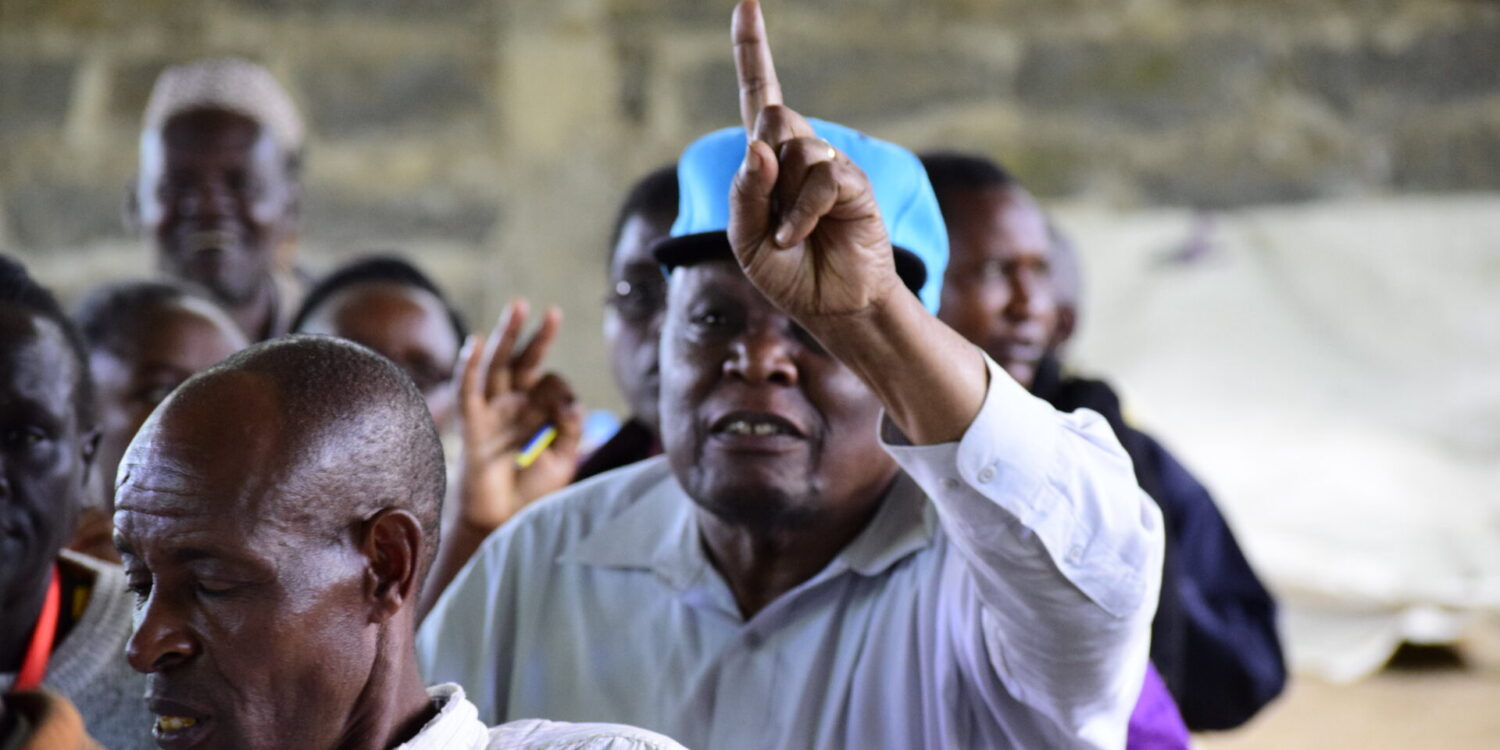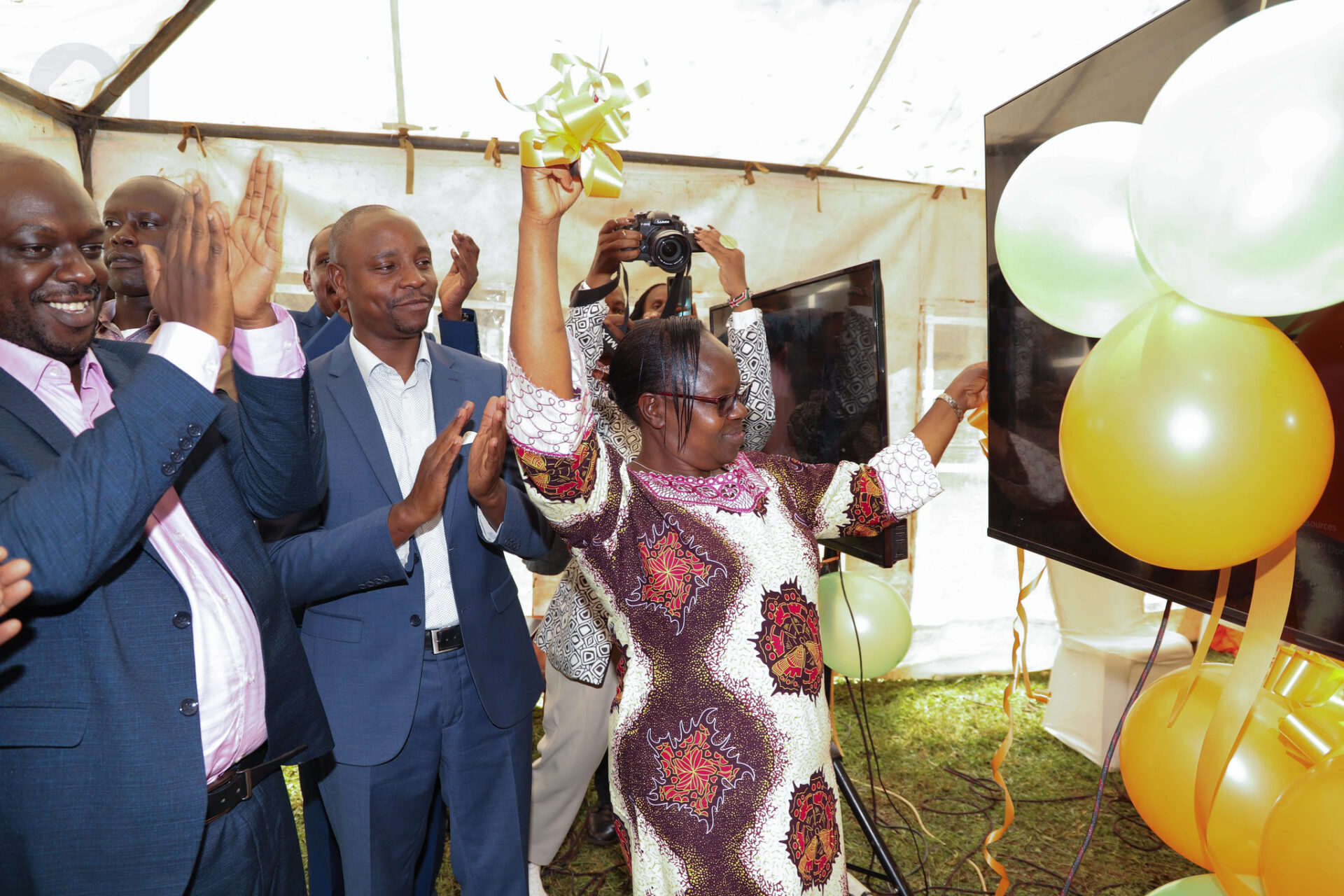About GGLI
The Global Goals for Local Impact programme was established on the premise that the Sustainable Development Goals are best achieved at hyperlocal villages, upwards – as opposed to how a lot of development is done – through national programmes that often do not reach the public.
Context
This project used data to stimulate active citizenship and responsive government – essentially that citizens provide input into government activities and that government develops mechanisms for listening to citizen needs. During the start of the project in 2015, one of the biggest observations we made was that citizens cared practically about local issues than they do about regional or national issues.
Video: How Lanet Umoja Got Its Health Centre
Strategy & approach

We conducted the pilot for this project in Lanet-Umoja location together with (the late) Chief Francis Kariuki, famously known as the tweeting chief.
Through this pilot, we established a simple process: we foster the buy-in of the administrators and the community then we sensitize the community on the SDGs, the value of data in their lives and how to collect data. We then work with the community to collect data from every household in the location (12,500 households in Lanet’s case).
We then analyse the data and then share it back with the community for them to identify what their priorities and issues are. Based on their discussions and their reviews of the data, they identify who should be tasked to tackle which issues – some are tackled by the community themselves, others require that they advocate for them with government and yet others require that they reach out to other stakeholders as CSOs, for assistance.
How we did it
- Buy In - The process is to identify the common and priority issues that the community is facing and can be addressed using data
- Data Training - Once the issue is identified, an understanding what data is and what it can do is required for the community to have. Data collection methods are also made known to the community.
- Data Collection - The data collection exercise is done by the community. This gives the community an opportunity to learn first hand what it entails and also helps them prepare for similar exercises that might be required in the future. It also builds sustainability by them taking ownership of the process.
- Data Analysis - After the data is collected the community delve to interpreting the data and make decisions on what is priority and needs to be planned for. They also know what issues can be done within the community, what issues need to be forwarded to the local government and what can be dealt with other stakeholders.
- Data Fair - The release of the data and the analysis is relevant to initiate conversations within the community bringing out priorities and mapping out solutions.
- Advocacy - Some issues will require the intervention of the government and they will need to be presented in an official manner. A memorandum as a tool can be used by the community to advocate to the government.












